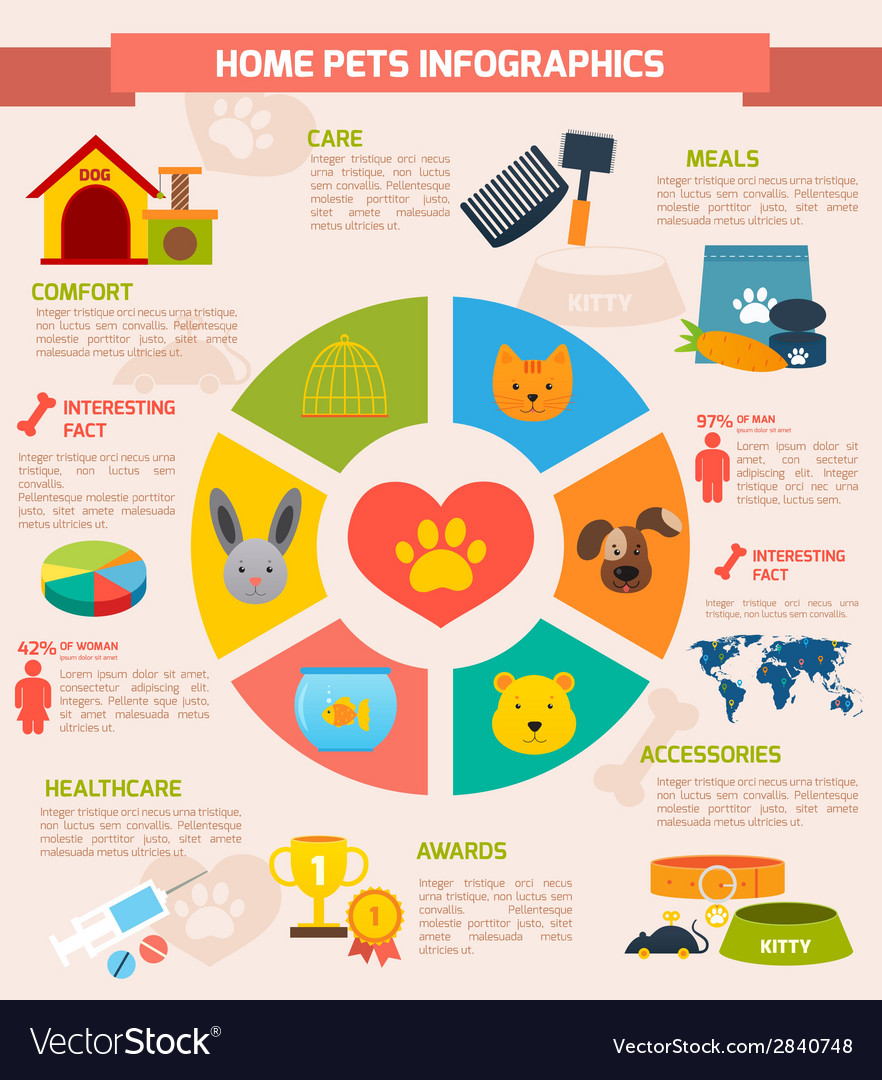Dogs who remain energetic via socializing, workout, and psychological stimulation live healthier, happier lives. Childcare provides all of these in a safe, controlled atmosphere.
Nevertheless, some canines age out of day care as they age. If your senior canine seems less enthusiastic concerning mosting likely to childcare, open interaction with personnel is crucial.
Socializing
It is very important to interact socially pet dogs of any ages, however it ends up being even more essential for senior pets. Socialization permits them to really feel even more comfortable around other canines and people, which can help prevent stress and anxiety and various other health and wellness problems.
It can be more challenging to interact socially older canines, but it's still possible. Making use of favorable support, taking things slowly, and developing a secure setting can help them adapt to new situations. It can additionally aid to utilize training exercises that focus on calming actions.
Pet dog day care provides a safe, enjoyable area for senior pet dogs to exercise and communicate with others. This type of normal exercise is necessary for maintaining their muscle mass strong and joints flexible, which can reduce the start of joint inflammation or other age-related conditions. It can additionally assist to promote their minds through play, which can boost cognitive feature and slow down the progression of mental deterioration or other mental illnesses.
Workout
As pet dogs age, their energy levels and metabolic rates decrease. However, that does not indicate they ought to stop working out totally! Regular activity and socializing are necessary for the overall health of an elderly pet dog.
If you have a senior pet, it is very important to find low-impact workout that is easy on their joints. For instance, swimming can be a fantastic form of workout since it reduces stress and anxiety on their muscle mass and joints. It's also an excellent idea to have your pet begin each workout with a brief walk around the lawn or do some light playtime to heat up their muscles and lower their danger of injury.
An additional means to keep your elderly pet dog feeling comfy is to monitor their peeing and bowel movements. Occasionally these modifications can signal a clinical problem that needs to be resolved. Speak with your veterinarian for recommendations.
Mental excitement
One of the greatest misunderstandings concerning older canines is that they're "also old dog boarding schools near me for new methods." However this couldn't be further from the reality.
Elderly canines that attend childcare can take advantage of psychological stimulation and cognitive workout. This can help them really feel less distressed when they're home alone and reduce actions such as uncontrolled peeing or defecation, excessive barking, and harmful behavior.
They can likewise experience brand-new sights and scents, which can be a fantastic means to improve their state of mind. This type of mental excitement can also improve confidence and motivate your pet to really feel even more comfortable around other individuals and animals.
Maintaining your senior dog delighted is just one of the very best ways to raise their lifestyle. If they're still excited regarding mosting likely to day care and their wellness is great, then they can most likely go. Nonetheless, it is essential to recognize their limitations and take precautions if they can not get involved as much as previously.
Healthcare
Aging canines commonly encounter health issue as they age. While they are a regular part of the aging process, very early discovery and treatment can substantially increase your animal's convenience level.
Routine blood testings, senior citizen bloodwork and urine evaluation can capture a variety of issues such as anemia and iron shortages, kidney condition, thyroid dysfunction and other health problems that can be more typical in elderly pet dogs.
If your dog seems a lot more tight, has difficulty leaping or playing and dislikes food, speak with your veterinarian as these could be indicators of pain, arthritis or other health and wellness concerns. A change in appetite or weight gain might additionally show a problem, like diabetes or cardiovascular disease.
Your older family pet might require dietary or grooming treatment changes, such as more regular or much shorter strolls and teeth cleaning (your veterinarian can educate you how to use hand signals to train your animal to allow you do this). Normal physical treatment can aid with joint discomfort or other conditions that affect your animal's movement.
